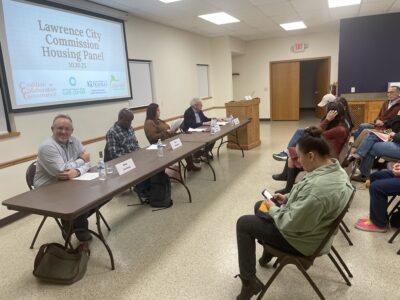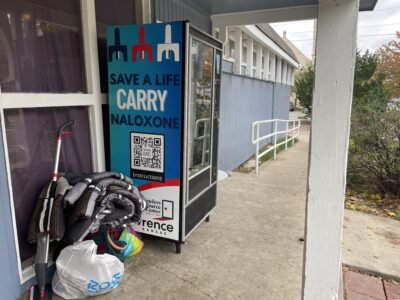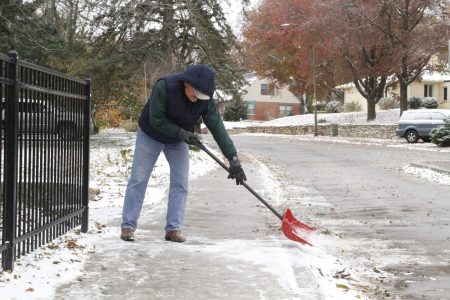Kansas ready for medical marijuana, speaker says
With medical marijuana locked in legal battles from California to the U.S. Supreme Court, the head of a national marijuana policy group said Sunday that Kansas may be ready to start the legalization process for the embattled weed.
Rob Kampia, president of the Marijuana Policy Project, a Washington, D.C.-based lobbying group, said at a forum Sunday that he was headed to Topeka today to test the climate for a possible medical marijuana legalization push.
“It’s tricky business,” Kampia said of passing and enforcing state laws that decriminalize marijuana for medicinal uses, which has been approved in 11 states to treat pain and nausea in cancer, AIDS and multiple sclerosis patients.
Kampia said that the Supreme Court’s decision last year to uphold federal laws prohibiting pot possession, sale and trafficking stung but that it wasn’t the end of the road for the movement.
“It was a loss for us,” Kampia said. “But it really wasn’t that bad.”
All the decision did, Kampia said, was uphold already existing laws stating that federal regulations override state laws if federal agencies choose to get involved in medical marijuana cases.
But that shouldn’t stop states from pursuing medical legalization, he said. Rhode Island just passed a law legalizing it, and other states could follow suit without concern over federal punishment.
Kampia said that 99 percent of all pot arrests in the U.S. fall under state jurisdiction. For people who use medical marijuana in states with accommodating laws, they are typically safe from federal prosecution.
“They receive effective protection under state law,” he said.
Kampia said it might take four years to get a law passed in Kansas, including time to lobby, introduce a bill and get it through the Legislature.
To help, the Drug Policy Forum of Kansas, led by Laura Green, has asked for people to lobby state health and medical organizations, and legislators to make themselves aware of medical marijuana and similar issues.
“We want to promote public health alternatives,” she said.
After the forum, Green and Kampia were on their way to dinner with Mayor Boog Highberger and Commissioner Mike Rundle.
The dinner would be causal, she said, although they probably would discuss a proposal her group backed to lessen fines against first-time marijuana offenders in Lawrence.
Rundle, who attended the forum, said he thought marijuana law reform was something better handled at the state level, and that it would take a citizen-backed movement to trigger any serious changes in Lawrence.
As for medical marijuana’s chances on the state level, Rundle said that four years may be a conservative estimate.
“More like six, maybe,” Rundle said.








